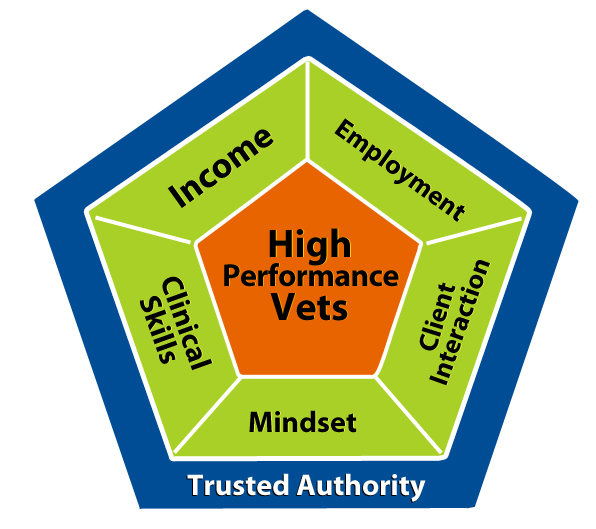People are driven by emotion not reason.
Remember this when interacting and communicating with clients.
We are taught to be rational and think logically. How does this impact our communication? We speak logically with lots of facts.
Clients don’t think like that.
A thought creates an emotion which leads to behaviour.
Many clients have said to me when dealing with emergencies, they understood why the veterinarian had to speak with them first but all they were concerned with was saving their pet and the veterinarians were wasting time. This can explain the client who becomes angry in an emergency situation as they are concerned you are wasting time.
Remember to be aware of clients emotions as those emotions will create the perception of their experience. Clients will make judgements based on what they see, hear and experience when interacting with you.
Like it or not, a clients perception becomes fact to them. That ‘fact’ or their belief determines whether they think you are a good veterinarian or not.
I learned this the hard way. I have received client complaints about puckering of a surgical site or post operative swelling and discomfort.
Unfortunately, it doesn’t matter if you saved their pets life. Clients can’t see inside their pet to evaluate the incredible surgical work you performed. All they see is the incision. Is it nice and neat or uneven and swollen? Does their pet appear clean or dirty and smelly?
The incision puckering could be interpreted by the client that the veterinarian was inexperienced, was rough or didn’t care. Post operative swelling and discomfort can convey the same meaning to clients. Are those beliefs true? No.
These things are minor to us considering the surgical and medical skills we have to save lives. However, these things are MAJOR to a client and to them it reflects on our ability.
This is why it is so important to educate clients and explain what exactly will happen. Manage your clients expectations and make them aware of post operative issues and possible complications.
Again, clients aren’t rational. As soon as you are aware of this and ensure all the little things are taken care of to create a positive client experience, your veterinary life will be easier.
Natasha






